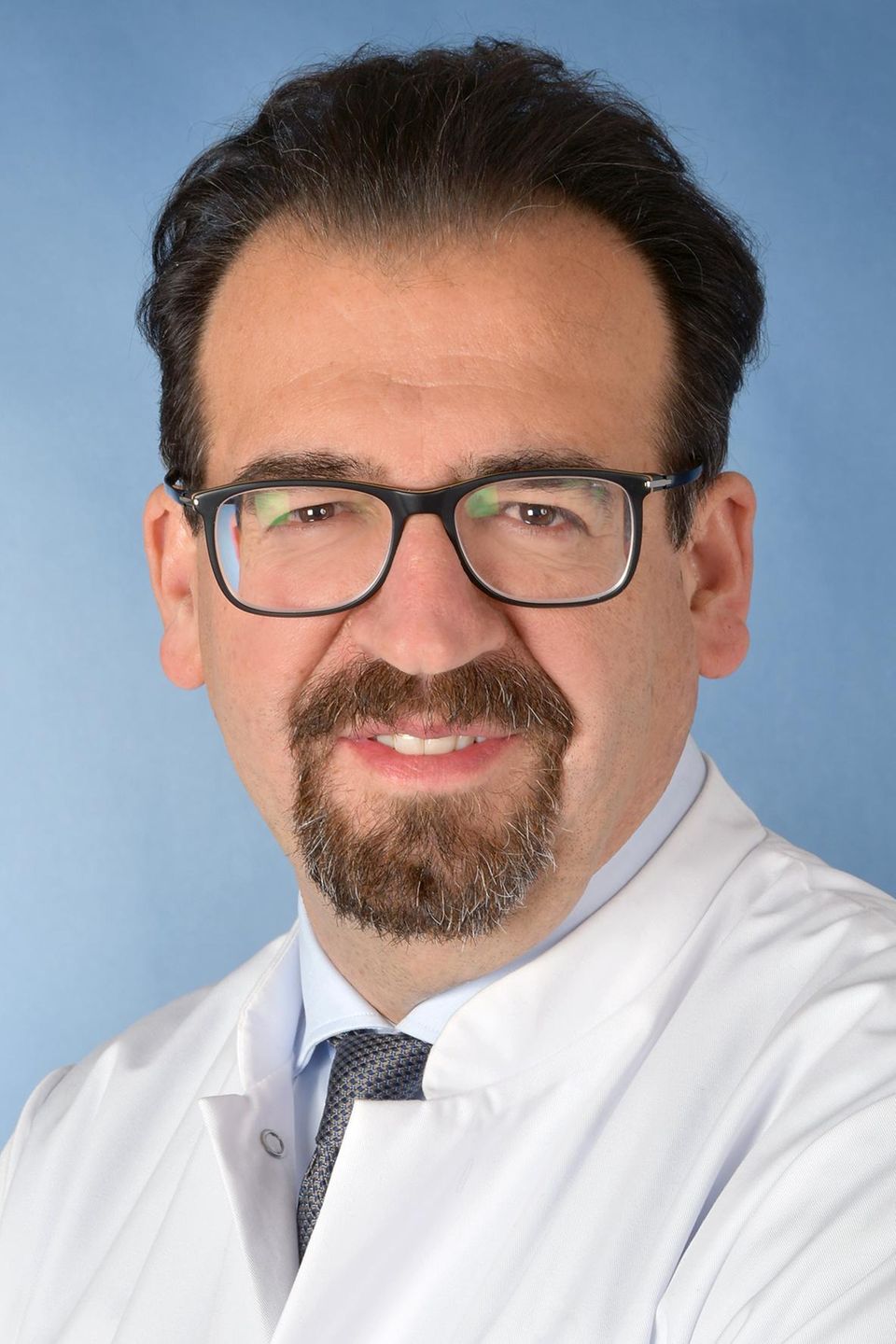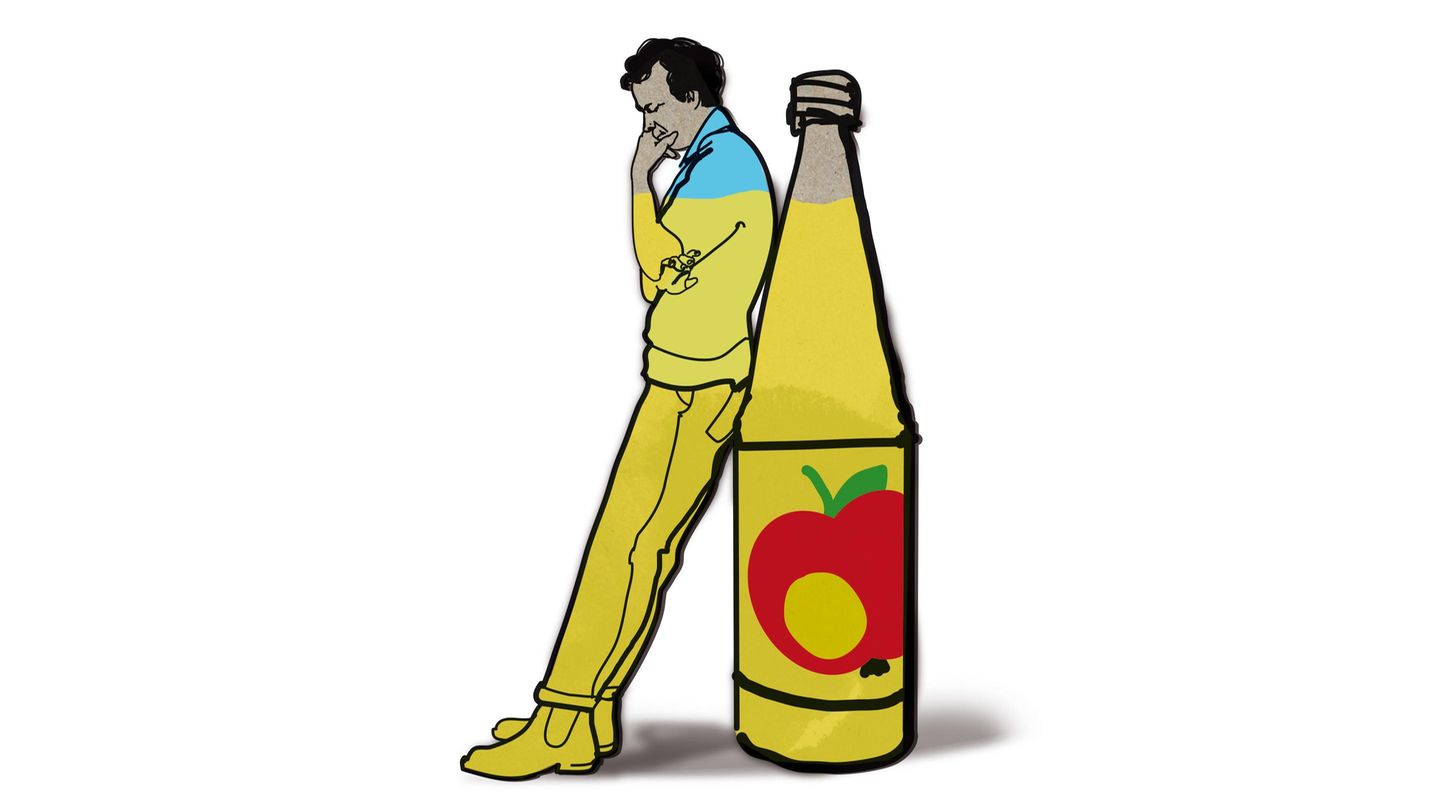column
A patient has elevated liver values. The doctor discovers the reason: a preference of the man who wants to do something good for himself.
The man came to my consultation because he was worried about his liver. During a routine check, the family doctor had found elevated values. One in four people in this country now has elevated liver values. Common causes are alcohol, overeating and obesity. This doctor had also expressed the suspicion that the man was drinking too much. The man in his mid-fifties was outraged. He assured me that he lived a healthy life and did not drink alcohol. In fact, he seemed fit, slim and athletic. There are three important liver enzymes that indicate liver damage. They are abbreviated to ASAT, ALAT and GGT. Elevated values mean that the liver cells cannot fully perform their various tasks. The ASAT value often rises when someone drinks too much alcohol. The man’s value was completely normal; he had told the truth. However, the ALAT was twice as high as in healthy people.
Access to all STERN PLUS content and articles from the print magazine
can be cancelled online at any time
Already registered?
Login here

I began to check him for common and rare liver diseases. We tested his blood for infections. So-called hepatitis viruses in particular can cause inflammation of the liver. We also checked whether there were any signs of autoimmune hepatitis in the blood. This is when the immune system attacks the liver cells for unknown reasons, which can cause the organ to become inflamed. The test results were unremarkable. During a gastroscopy, I took some tissue from the small intestine to test for gluten intolerance. Those affected react sensitively to a certain protein in grain products, gluten. Five to ten percent of people who suffer from gluten intolerance also have elevated liver values.
The intestines were completely healthy. The man was also not taking any medication that could have an effect on the liver. Although he was slim, I decided to do an ultrasound: I wanted to see whether he did have a fatty liver, even if he was not the typical patient. Fatty liver is the most common liver disease; an estimated one third of adults are affected. Over time, it can lead to chronic inflammation of the organ. If left untreated, the liver tissue is destroyed and the risk of liver cancer increases. The liver did indeed appear slightly enlarged to me. I asked the man about his lifestyle. He said that he eats a lot of fresh fruit and vegetables. He avoids meat, sweets and alcohol. He likes to drink apple juice, freshly squeezed and cloudy from an organic farm. At least a liter a day, he added.
The apple juice damages his liver
One liter of apple juice contains at least 50 grams of fructose. Fructose, as it is colloquially called, is often considered a healthy alternative to glucose or table sugar. A misjudgment. The body can only process fructose to a limited extent. Excess fructose is stored in the liver cells in the form of fat droplets; at the same time, fructose blocks the breakdown of fat. It was clear to me: the man had an incipient fatty liver, triggered by apple juice. I asked him to stop drinking it. After four weeks, his liver values had improved, and after three months they were completely normal. Other juices also naturally contain fructose, even if they are “without added sugar” and “freshly squeezed.” Nutritionists therefore recommend not drinking more than 200 milliliters of fruit juice a day. Unprocessed fruit in conventional quantities – a maximum of three handfuls is recommended – is harmless. Because fructose is much sweeter than glucose, it is also added to many foods. The maximum amount of 25 grams of sugar per day, as recommended by the WHO, is therefore usually exceeded more quickly than one realizes.
The diagnosis is also available to listen to: You can listen to music for free every two weeks via the RTL+ app or wherever podcasts are available.
All episodes of the column The Diagnosis can be found .
Transparency note: Der stern is part of RTL Deutschland.
Source: Stern
I’m Caroline, a journalist and author for 24 Hours Worlds. I specialize in health-related news and stories, bringing real-world impact to readers across the globe. With my experience in journalism and writing in both print and online formats, I strive to provide reliable information that resonates with audiences from all walks of life.




